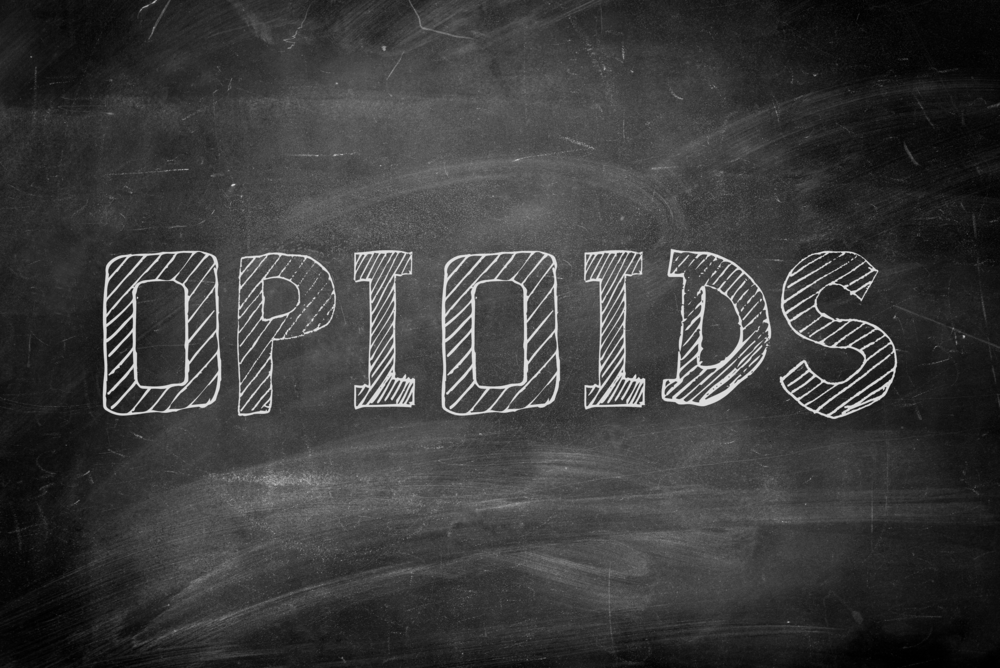According to National Institute on Drug Abuse (NIH), opioids are “a class of drugs that include the illegal drug heroin, synthetic opioids such as fentanyl, and pain relievers available legally by prescription, such as oxycodone (OxyContin®), hydrocodone (Vicodin®), codeine, morphine, and many others.” Also referred to as narcotics, prescription opioid medications are used to treat persistent or severe pain. The American Society of Anesthesiologists explain that opioids are used by “people with chronic headaches and backaches, by patients recovering from surgery or experiencing severe pain associated with cancer, and by adults and children who have gotten hurt playing sports or who have been seriously injured in falls, auto accidents, or other incidents.” Opioids work in one’s body by affecting certain neurotransmitters. The drug attaches to the opioid receptors located in one’s brain, spinal cord, gastrointestinal tract, and other organs in one’s body, which regulate one’s breathing as well as the perception of pleasure and pain.
Heart disease is the leading cause of death in the United States, accounting for about one in every four deaths. Each year, hundreds of thousands of people undergo heart surgery to treat various heart problems in America and every year, more than 2 million people worldwide have open-heart surgery. While clinical findings revealed that persistent opioid use occurs in 3 to 10 percent of patients after minor and major general surgery procedures, the large-scale research that examines this issue among cardiac surgery patients in the United States remains insufficient. Nevertheless, opioids continue to be used extensively after cardiothoracic surgery. One recent study found that nearly one in ten people who received opioid pain relievers following heart surgery continued to take them for three to six months, which is long past the typical timeframe when a patient is likely to be experiencing pain from the operation. As evidence of harm associated with opioid use after heart surgery grows and nonopioid alternatives immerge, experts suggest now may be the time to reconsider altogether the role of opioids in cardiac surgery.
For Information and Support
If you are concerned for yourself or a loved one regarding substance abuse and/ or addiction, we recommend reaching out for help as soon as possible. If left untreated, substance abuse can result in long lasting and potentially life-threatening consequences. Keep in mind: you are not alone! There is an entire network of professionals that are available to help and support you and your loved one throughout the recovery process. The earlier you seek support, the sooner your loved one can return to a happy, healthy, and fulfilling life.
Please do not hesitate to reach out with any questions regarding our specific program at Haven House Addiction Treatment and/ or general substance abuse and/ or addiction treatment related information. Our highly trained staff is readily available to discuss how we might best be able to help you and your loved one. We can be reached by phone at 424-258-6792. You are also welcomed to contact anytime us via email at admissions@hhtxc.com.



